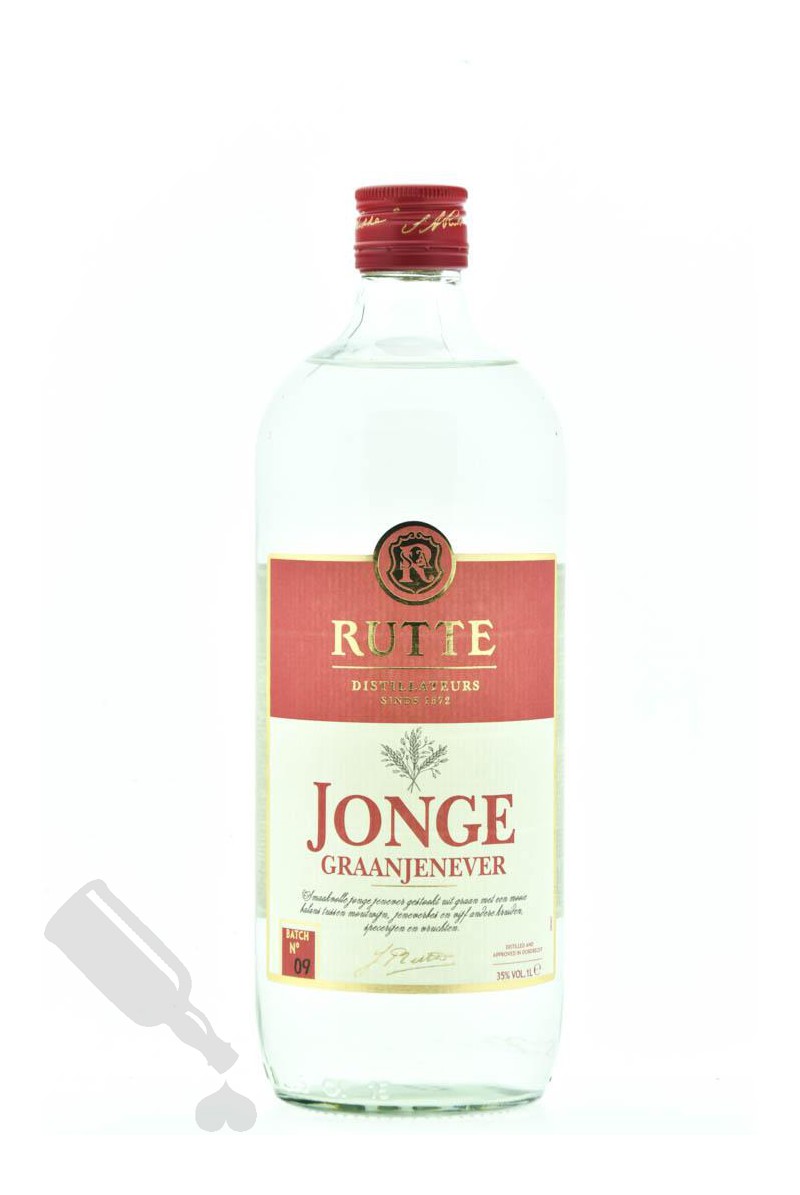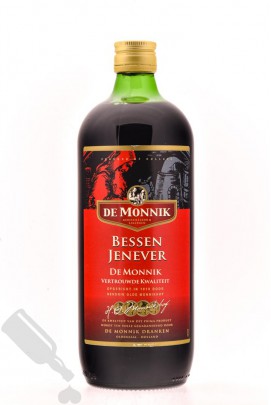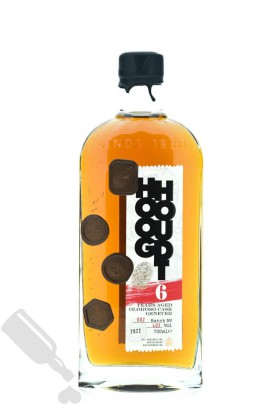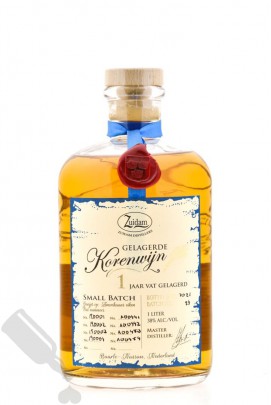
Please confirm that you're over 18
or leave the website.
SORRY, You are not allowed to visit this site

Rutte Jonge Graan Jenever 100cl
Jonge Jenever
Rutte Jonge Graan Jenever 100cl
Jonge Jenever
| Distillery / brand | Rutte |
| Country | The Netherlands |
| Content Size | 1.0 liter |
| Alc/vol | 35% |
| EAN | 8718215750826 |
€ 14,83 (excl. vat)
Rutte Jonge Graan Jenever 100cl
Many young genevers these days taste neutral like vodka. However, the Rutte's were taste experts and gave their own twist to the Jonge Rutte, which therefore has the taste of grains and spices, just like in the old days. The first young gin was distilled just after the war. Jonge Rutte is unique and surprisingly tasty, with a high malt wine content and six botanicals.
Botanicals used: Juniper berry, angelica, coriander, iris root
Flavour: Super smooth, round, distinctly cereal with fresh notes of spices and fruits.
More information
Jenever, also called genever, jonkie or klare, is a traditional strong drink originating in the Netherlands and Belgium. The drink is made by distilling a grain mash and using botanical herbs. The most famous herb used is, of course, juniper. Other herbs that can be used are: St John's wort, angelica root, nutmeg, cloves, aniseed, citrus peel and coriander.
History
The history of genever in the Netherlands dates back to the 16th and 17th centuries. The emergence of the alcoholic delicacy is linked to the emergence of distillation techniques and the use of grain as a base for spirits. Distillation of grain was originally introduced to Europe by the Arabs. In Europe, the process was refined during the Middle Ages. This led to production of brandy.
Distillation was initially used mainly for medicinal purposes, such as distilling wine and herbs to make extracts and tinctures. Many herbs and fruits were usually added. Around 1650 in Amsterdam, a grain distillate was designed with juniper as a remedy for muscle pain. People soon discovered that the drink could be used not only as a medicine, but also as a stimulant. Moreover, at the time, the import of brandy was prevented, so people switched to the local alcoholic drink: jenever.
8 other products in the same category:


Rutte Jonge Graan Jenever 100cl
€ 14,83 (excl. vat)

 Nederlands
Nederlands










